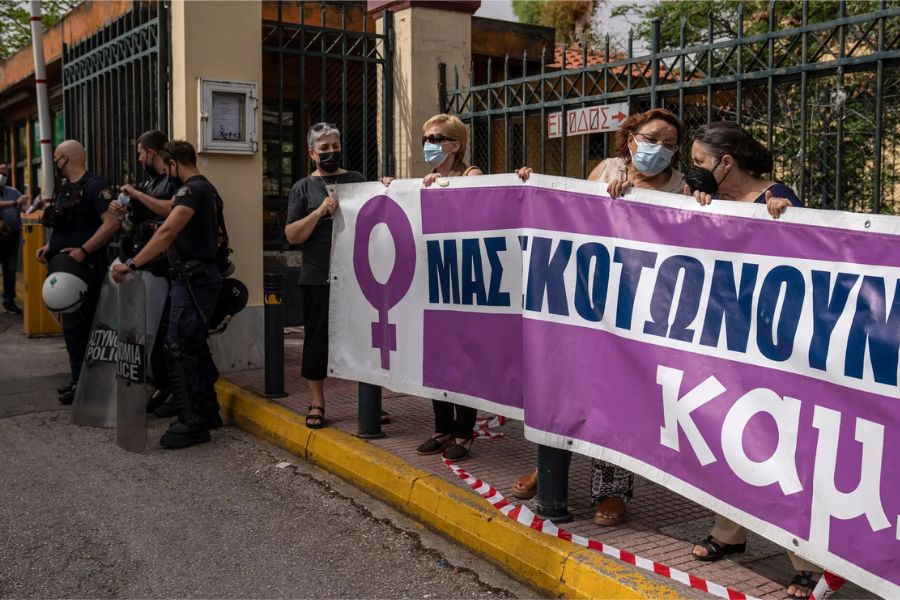

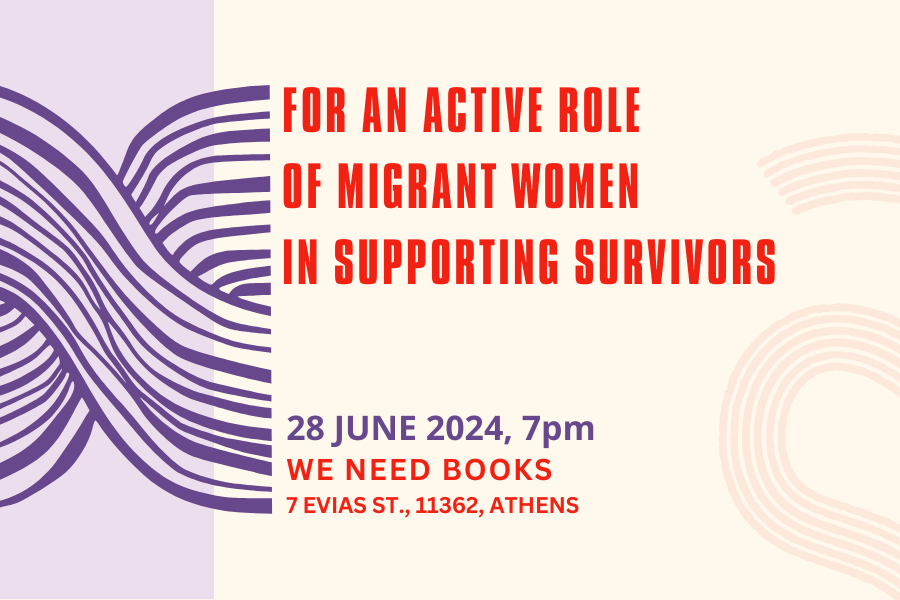
We invite you on Friday 28/06, 7pm. to the event of the Community Linkage program at We need books.

Exploring affected groups, different forms, and severe consequences of gender-based violence.
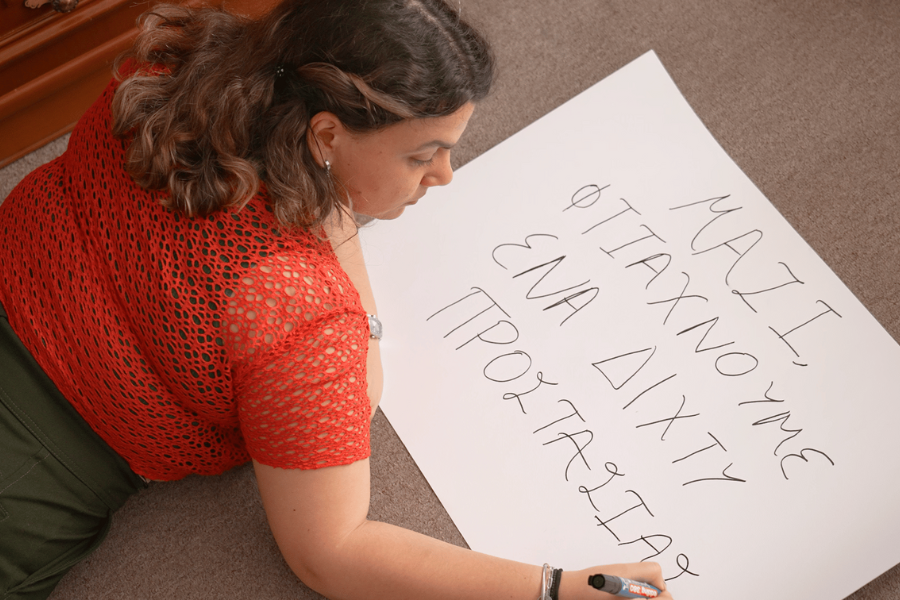
The Diotima Centre worked with 15 women from migrant communities to prevent gender-based violence. Watch the video.

The brief presents the dimensions of the phenomenon of gender-based violence at national and European level and attempts a series of proposals for prevention.

The protocol aim to tackle the escalating levels of domestic, sexual, and gender-based violence.

Lila project organizes online seminars aiming to share knowledge and experience on different aspects of gender-based violence.
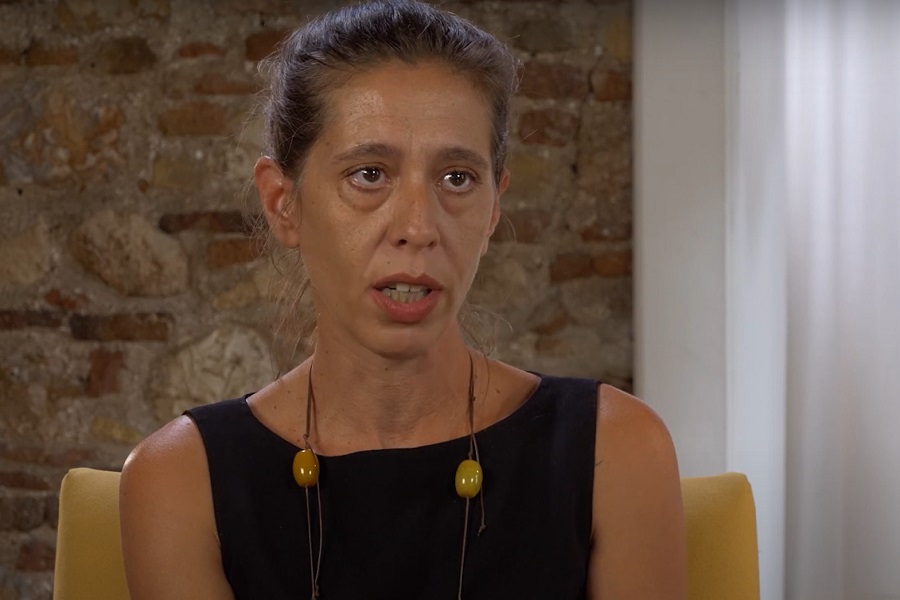
The interdisciplinary approach to gender violence with disabled women are highlighting the multiple institutional gaps in their support.
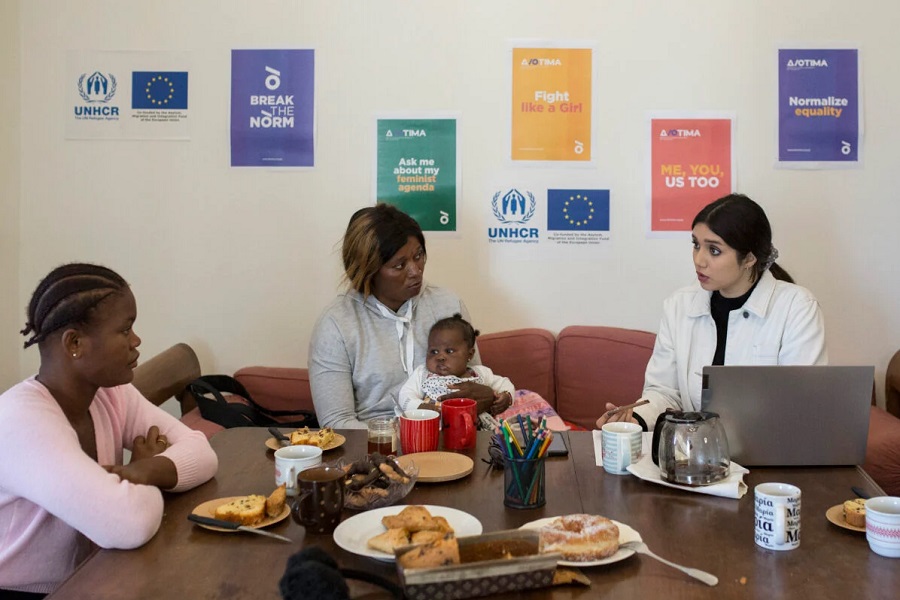
The meetings at the Diotima Center’s “Women’s Info Point” in Lesbos are a transformative and liberating process.
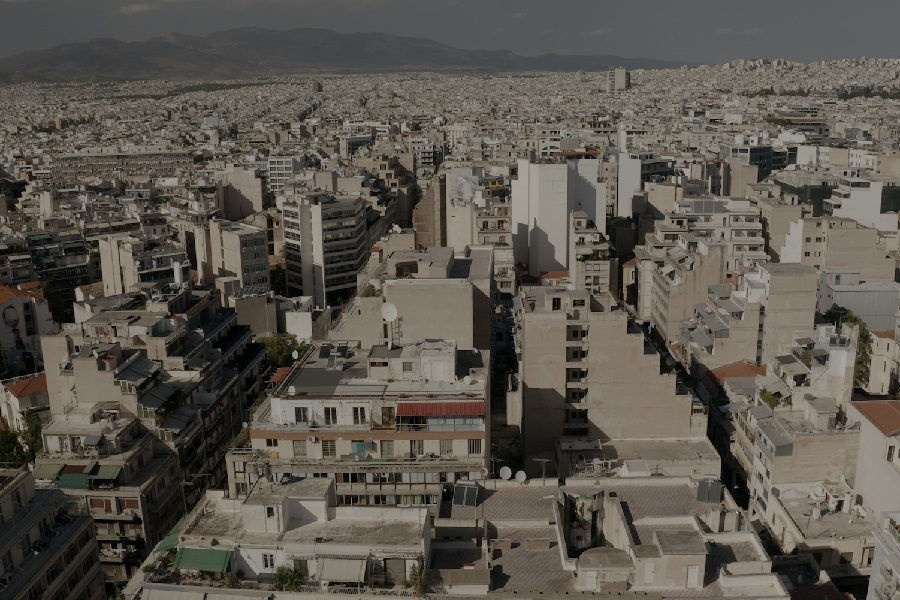
An accessible documentary about the experience of gender-based violence in women with sensory disabilities.
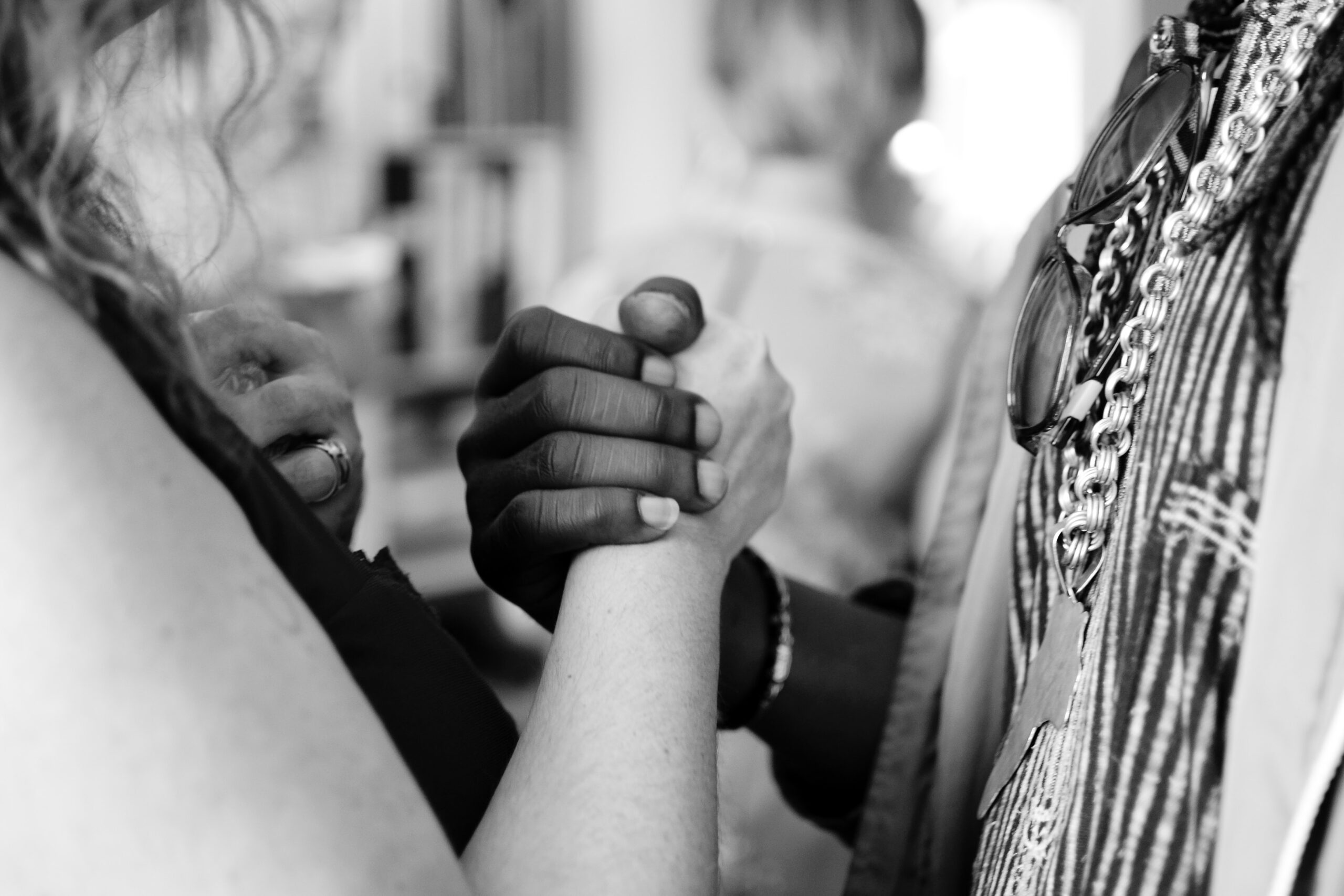
The program activities will start in January 2023, in Athens, and the total duration of participation will be 120 hours.

Women with disabilities face a higher risk of experiencing gender-based violence, which also has ableist implications.

A program for young women and men that talks about equality, consent, body boundaries, relationality, and gender stereotypes.

A useful guide to preventing and responding to domestic violence, especially during the COVID-19 pandemic.
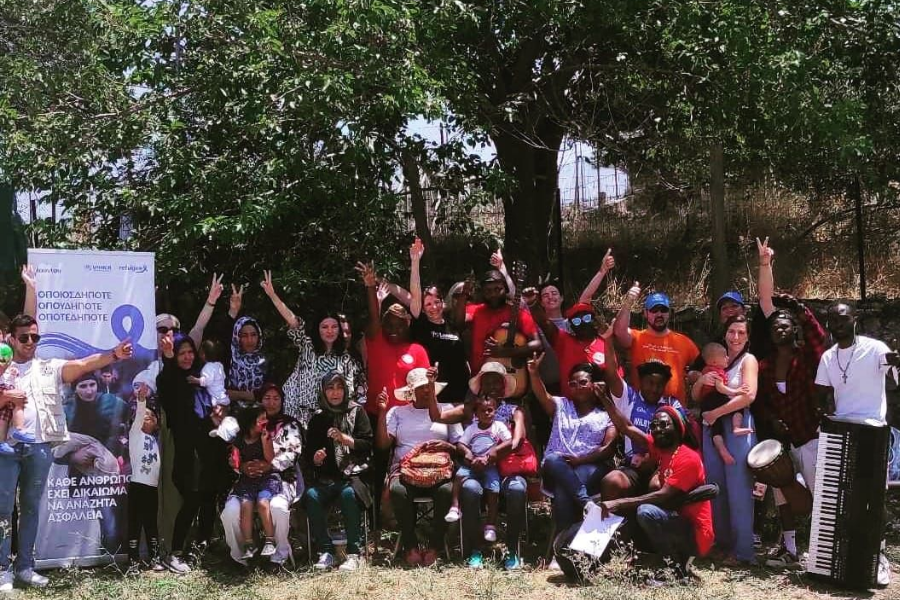
The Diotima Center organized an event for refugee women in Lesbos, on the occasion of World Refugee Day.
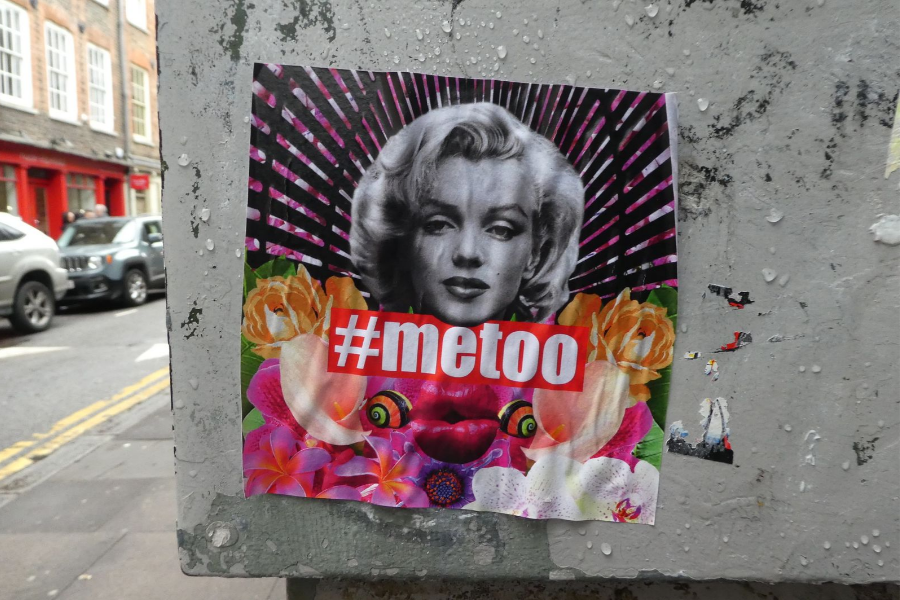
The dominant discourse could no longer present the perpetrators as “monsters”, and speak of “isolated incidents”.

Women’s organizations and collectives co-sign the declaration established for the recognition of the femicide as a sexist crime.
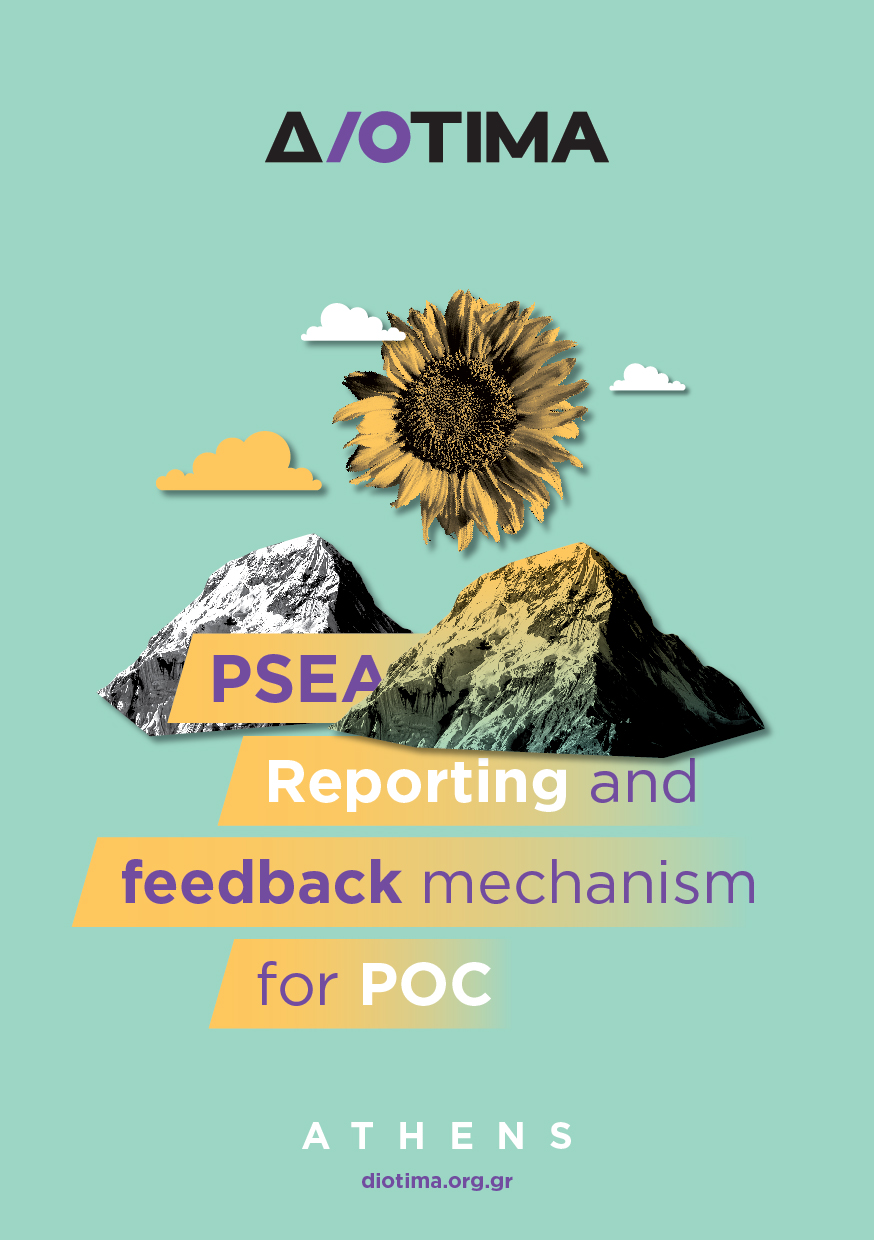
The below brochure includes information in regards to the Protection from Sexual Exploitation and Abuse (PSEA).

Over 150 women received legal and psychosocial assistance in 2021, with the help of the Bodossaki Foundation.
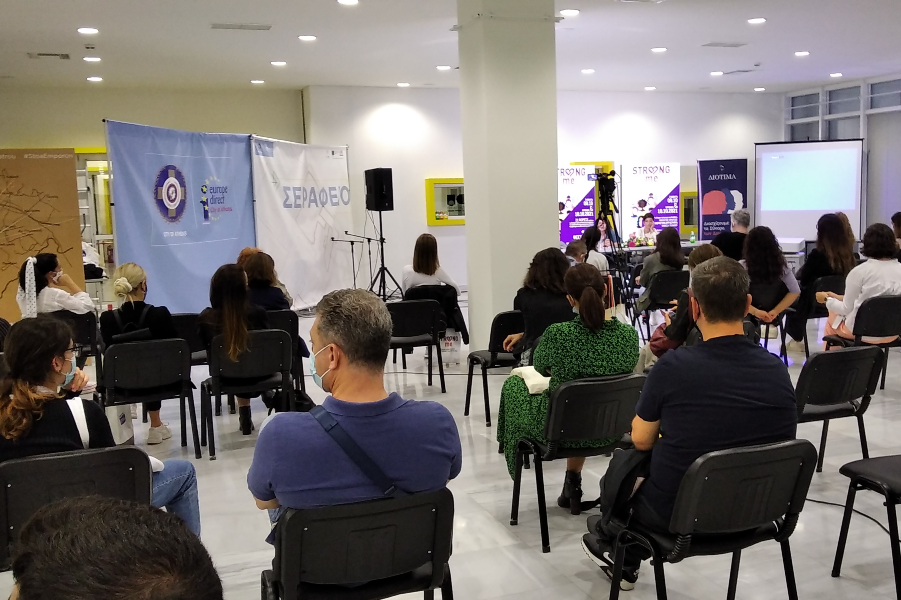
Women victims were punished because they wanted to make their own decisions about their own lives and bodies.

Gender-based violence is an everyday, global phenomenon. It includes any harmful acts and threats of such acts.

The study documents the experiences of migrant and refugee survivors of domestic violence from the police response system.

Addressing to professionals who would like to integrate a more gender and culturally sensitized approach into their activities.
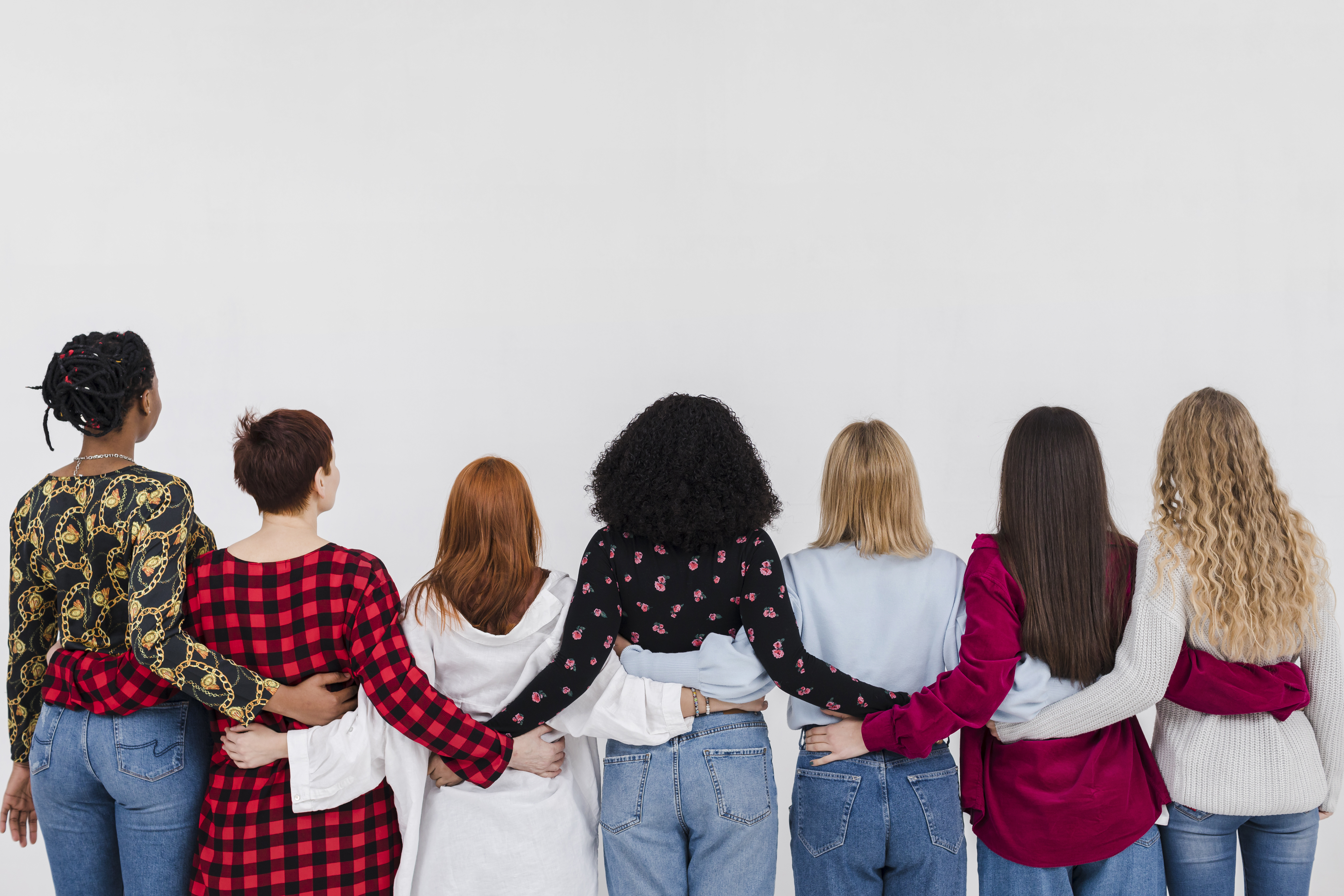
The purpose of the help desk is to give survivors of sexual violence access to useful information, but also to the Diotima Center’s support services.

From 2015 until today, 2,800 women have been supported by Diotima’s services and 500 women have been represented in courts.

An escape guide and a step-by-step guide for women who want to escape from an abusive relationship. Plus the legal actions victims can take.

Evaluating research regarding availability, accessibility and quality of GBV response services among immigrants and refugees.
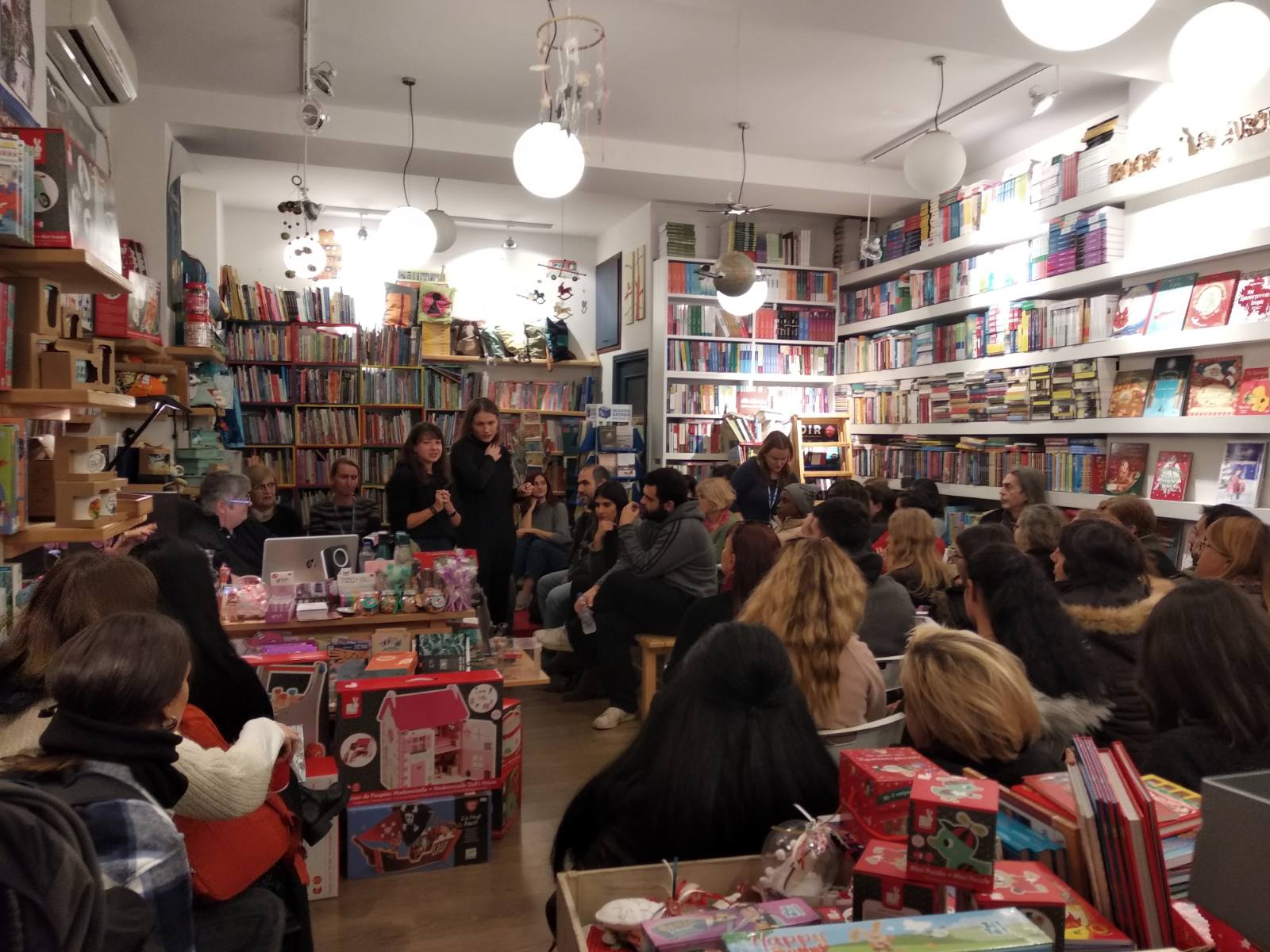
Six women from Cameroon, all residing in Moria in Lesvos, are writing about their trauma of gender-based violence.

The guidance document focuses on the best practices concerning interpretation and cultural mediation based on the gender criteria.
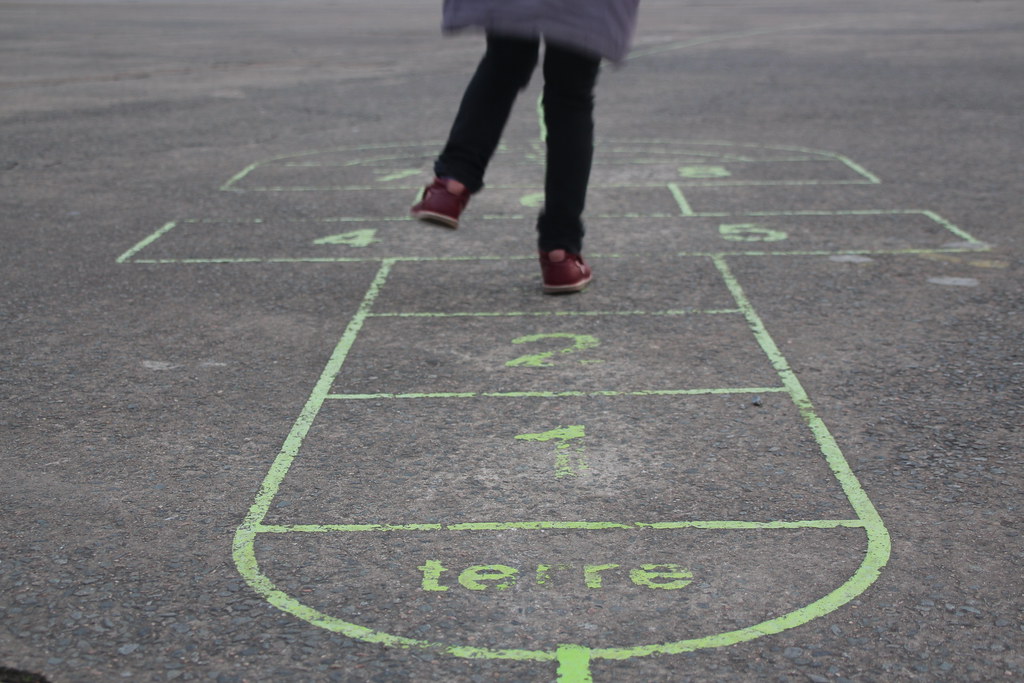
On the occasion of the 16 days of activism, the Diotima Center and the UNHCR are holding an event to present the text “Pousse Pion”.

On the occasion of the International Day for the Elimination of Violence against Women (25/11), the Diotima Center presents the #PAINted campaign.
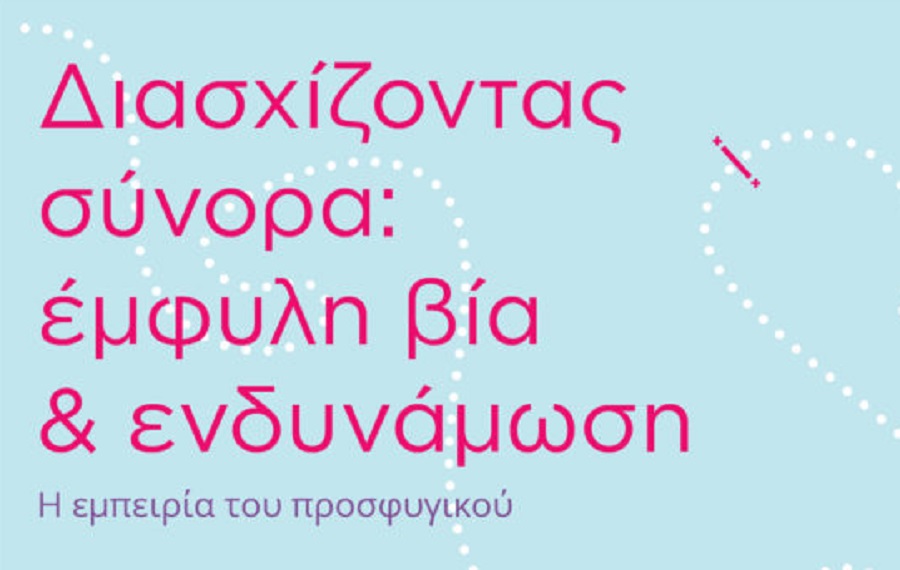
Through the event, we seek to open a lively dialogue on the issues of gender-based violence and refugeeism.

A refugee radio show, uniting the world: Every Friday in June, on the welcoming internet radio Indiegroundradio.com.

This comparative report aims to enhance EU member-states’ policies concerning GBV elimination
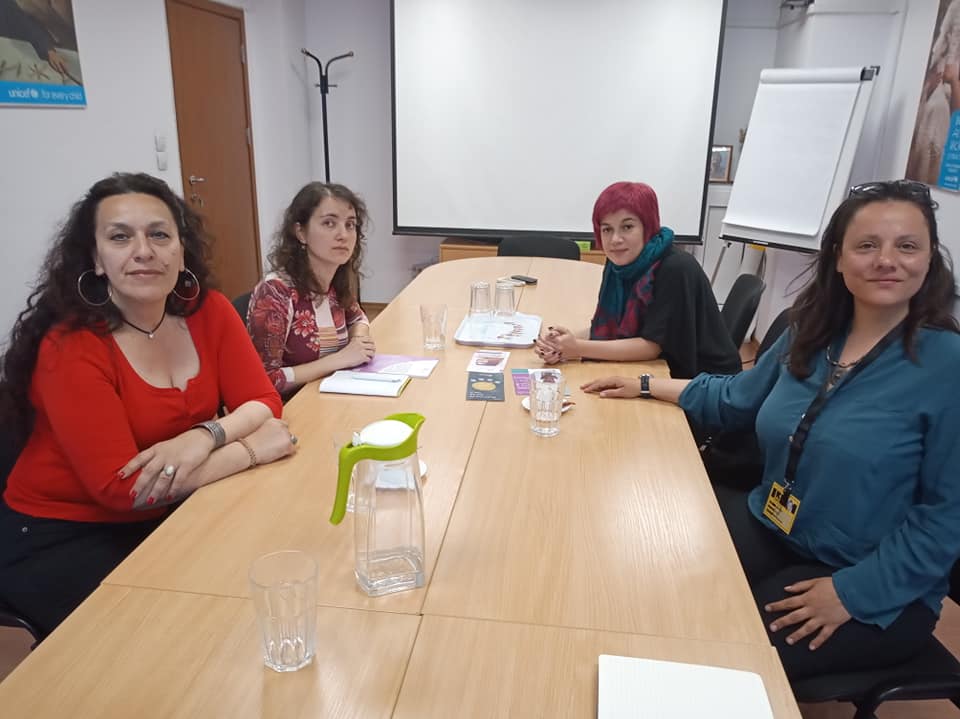
In the framework of the Survivor program, the second exchange visit of good practices for dealing with gender-based violence took place in Bulgaria.

Guide for professionals working with refugee populations to promote a culturally sensitive approach regarding the protection of GBV survivors.

This guidance document constitutes an introduction to the basic concept of GBV, international legal standards and gender equality.

We often hear that feminism today is largely outdated. The equality of the sexes is supposedly a conquered cause that occupied the previous generations.

This index seeks to contribute to the public discussion regarding GBV and improving the protection of victims.
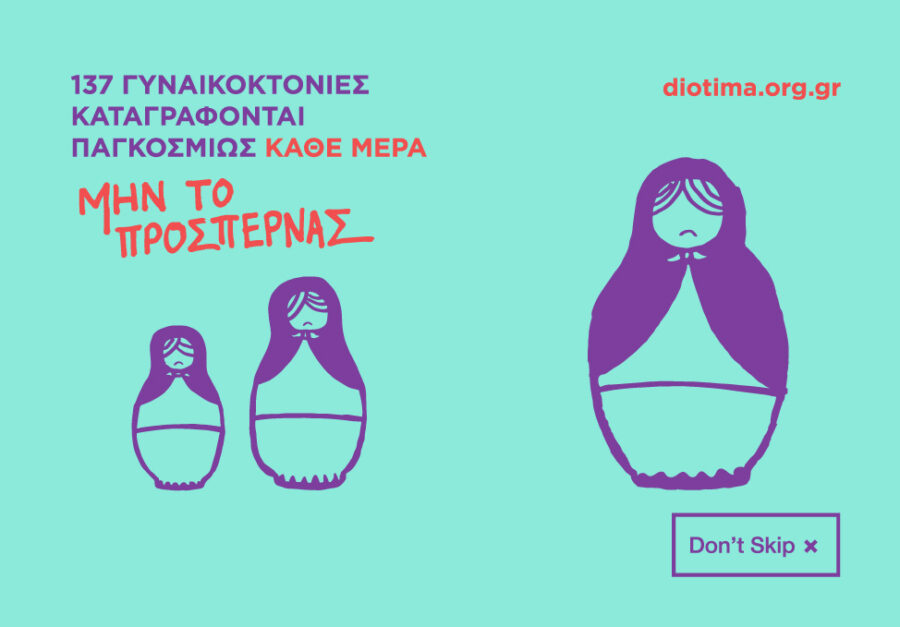
Of the 87,000 murders of women worldwide in 2017, 58% were committed by (former or current) husbands or partners or a family member.

This document provides guidelines aiming to sensitize and educate professionals about gender-based violence.

The event will take place at the Homeless Theatre of Mytilene, supported by the Office of the UNHCR.
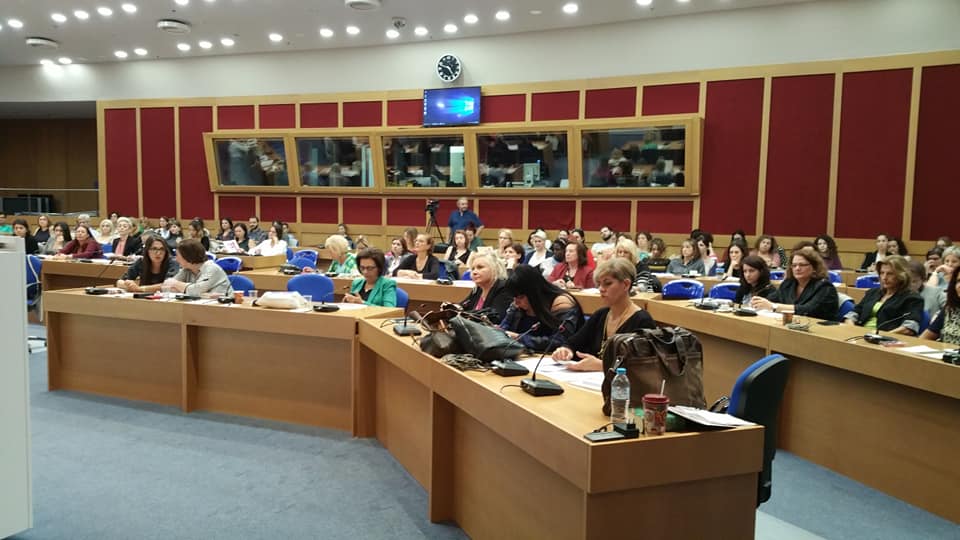
On 10/10/2018, the GSGE held a conference on the occasion of the entry into force of the Istanbul Convention.
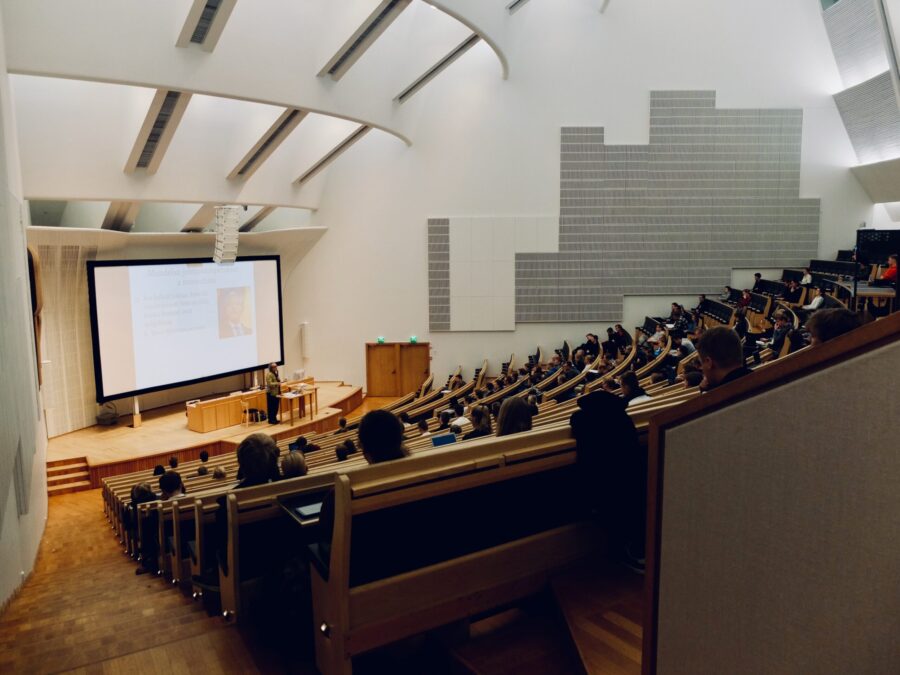
The Diotima Center invites you to the GSGE conference entitled “National European challenges and perspectives in the management of the refugee issue”.
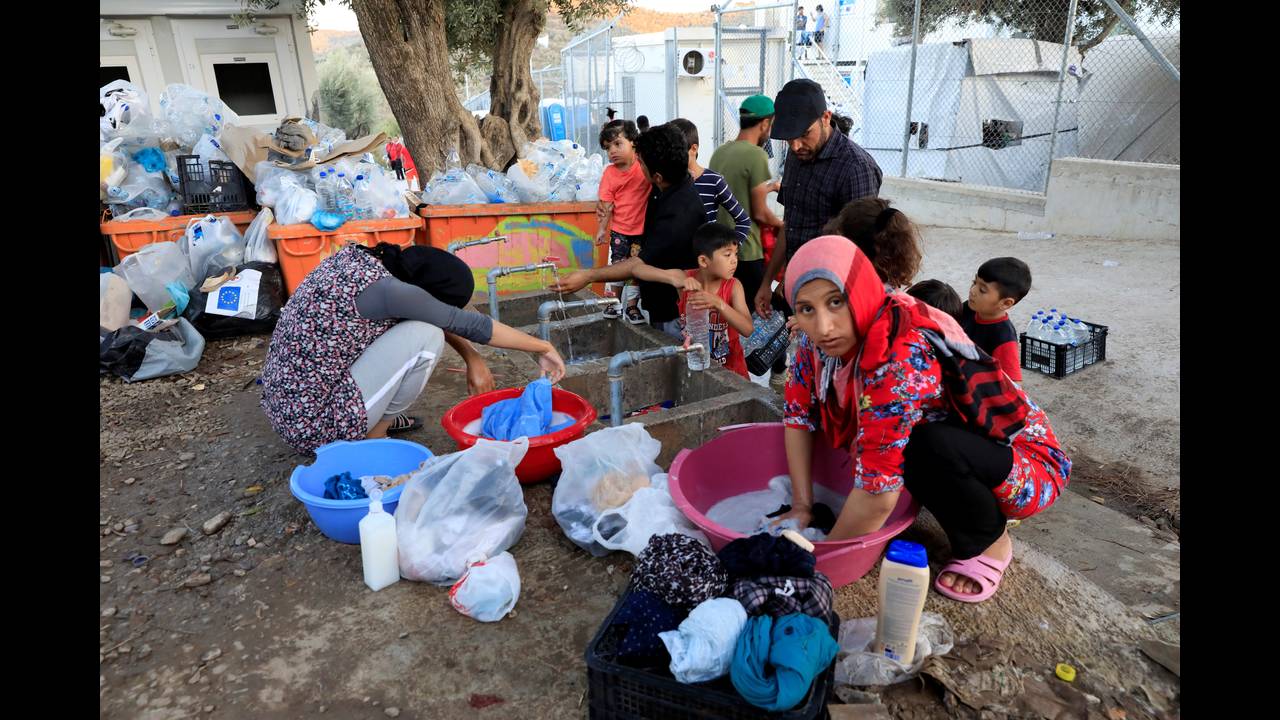
“You set off in the morning for the town. 2-3 kilometres before the port, another boat arrives from the other side. Around 15 people come out… An ordinary day in Lesvos”.

Immediately move out of the reach of the perpetrator, taking her children and documents with her, and call 100.
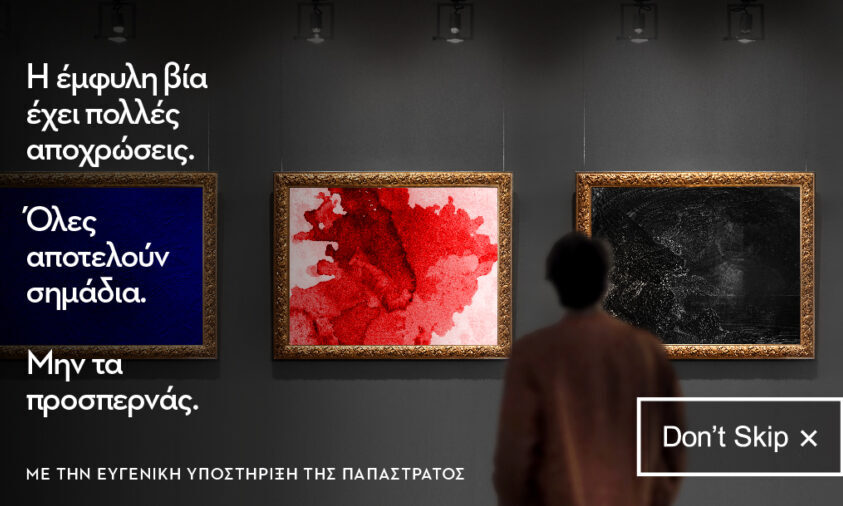
The aim is to make the phenomenon of gender-based violence visible by raising awareness and informing society.
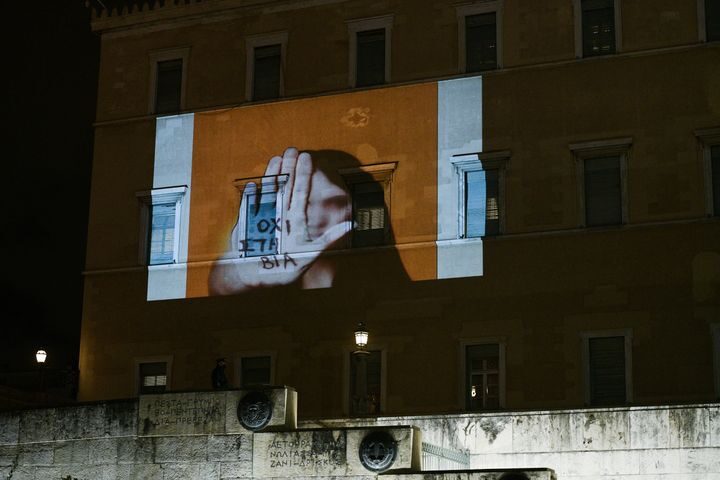
The adoption of the bill ratifying the Istanbul Convention by the Greek Parliament is a victory for the feminist movement.
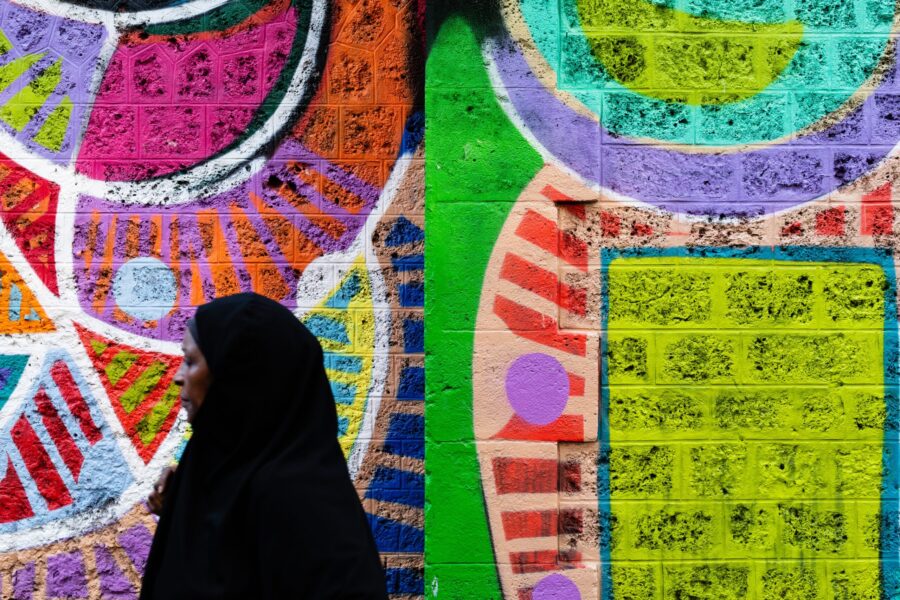
Our teams in Athens and Thessaloniki provided legal and psychosocial support to 75 cases of gender-based violence.

FRA identifies major shortcomings in the basic needs and rights of refugees and migrants in all European countries.